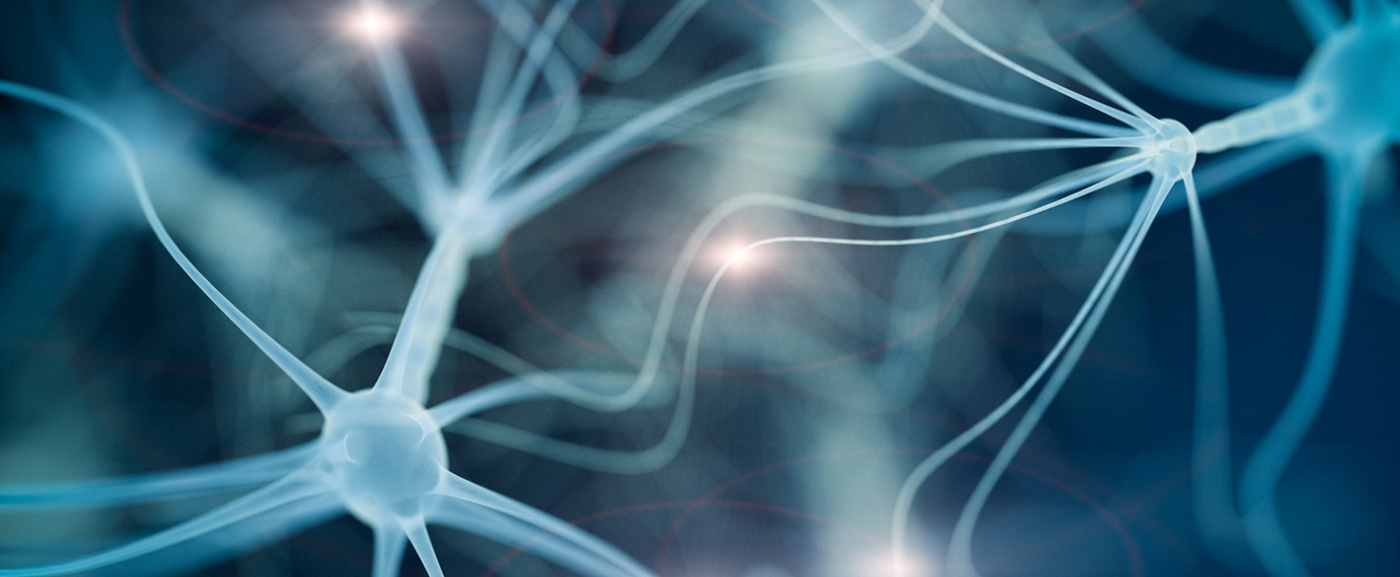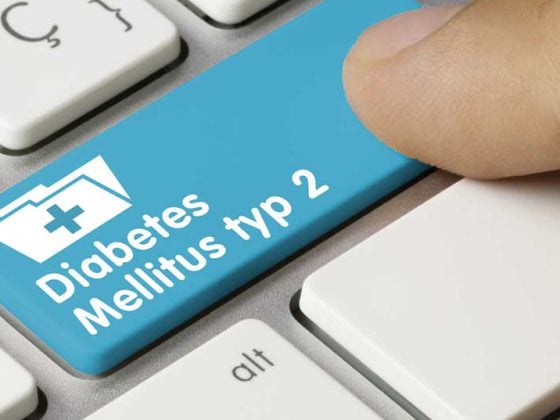Diabetic ketoacidosis (DKA) can have consequences for a child’s brain, an American research group shows in the journal Diabetes Care. The German Diabetes Society (DDG) points out the need to diagnose children with type 1 diabetes at an early stage and to monitor their metabolic status closely in order to avoid possible consequential damage due to severe ketoacidosis.
In a study published in the journal Diabetes Care, researchers found that severe diabetic ketoacidosis (DKA) can lead to cognitive impairment in children.1 “A moderate to severe metabolic derailment has a negative effect on attention performance in those affected – compared to the group of children who had no or only mild DKA,” said DDG Vice President Professor Andreas Neu, MD, summarizing the findings. “This finding is alarming. After all, more than one in five children are hospitalized with ketoacidosis when diabetes manifests, and in about six percent of cases, severe DKA is already present.”
To date, there has been little scientific evidence on the extent to which an episode of diabetic ketoacidosis in infancy affects brain development and thus cognitive performance in children with type 1 diabetes. The American research team led by Tandy Aye has now examined data from 144 children with type 1 diabetes between the ages of four and ten. Of these children, the researchers took a brain scan and cognitive tests at baseline and after 18 months and compared the results. This showed a correlation between the severity of ketoacidosis, brain growth, and cognitive performance.
More parent education needed – especially during Corona pandemic
“The study shows that, particularly in young children, a severe insulin deficiency and the resulting hyperacidity in the blood can have consequences for brain development and for the ability to learn and concentrate,” explains private lecturer Dr. med. Thomas Kapellen, chairman of the AG Pädiatrische Diabetologie der DDG from Leipzig. This makes it all the more important to focus even more on individual diabetes education for children and parents, he said: “To avoid DKA, parents need to be able to recognize the first symptoms. Here, too, we need more education.”
In addition to increased thirst, a strong urge to urinate, weight loss, nausea and vomiting, the first signs of DKA include accelerated breathing and an acetone odor in the breath. Since muscle weakness, impaired consciousness or a diabetic coma can occur in the further course, affected children belong immediately in emergency medical care. “Especially during the current corona period, classic symptoms such as accelerated breathing can be misinterpreted and mistaken for a respiratory infection,” Kapellen warns. “Valuable time can pass here until the actual cause is determined.”
For example, a recent JAMA publication from Germany showed that the rate of ketoacidosis in diabetes manifesting children and adolescents doubled during the corona lockdown.2 “During this time, almost every second child received a delayed diagnosis,” summarizes Professor Reinhard Holl, MD, co-author of the study and coordinator of the DPV registry. Young children were particularly affected. In addition to misinterpretation of the symptoms by parents or physicians, this can also be attributed to the fear of infection with COVID-19 in doctors’ offices and clinics. The DDG expert from Ulm warns that another wave could lead to a similar situation and calls on parents and everyone who works with children and adolescents to take the first warning signs seriously and, if necessary, to consult a pediatrician or a pediatric clinic immediately.
Source: German Diabetes Society











